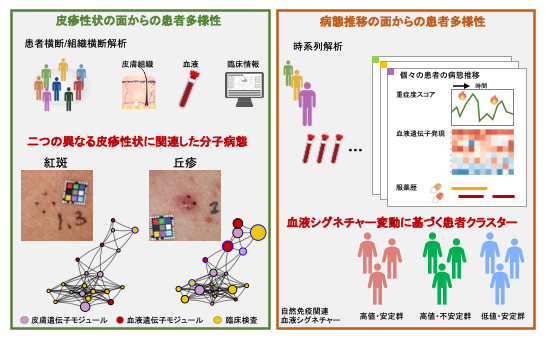2023-10-17 ラトガース大学
◆これは、ADHDの成人が認知機能の低下に対処する能力が減少する可能性があることを示唆しており、ADHDの成人の認知症予防に関連する治療法の開発が求められています。精神刺激薬を使用したADHD治療が、認知症リスクの低減に役立つ可能性があり、今後の研究でその影響が詳細に検討される見通しです。
<関連情報>
- https://www.rutgers.edu/news/adults-adhd-are-increased-risk-developing-dementia
- https://jamanetwork.com/journals/jamanetworkopen/fullarticle/2810766
成人の注意欠陥・多動性障害と認知症のリスク Adult Attention-Deficit/Hyperactivity Disorder and the Risk of Dementia
Stephen Z. Levine, Anat Rotstein, Arad Kodesh, Sven Sandin, Brian K. Lee, Galit Weinstein, Michal Schnaider Beeri, Abraham Reichenberg
JAMA Network Open Published: October 17, 2023
DOI:10.1001/jamanetworkopen.2023.38088

Key Points
Question Is adult attention-deficit/hyperactivity disorder (ADHD) associated with an increased risk of dementia?
Findings In this national birth cohort study, 109 218 participants with or without a diagnosis of adult ADHD were followed up for 17.2 years for dementia. The presence of adult ADHD was statistically significantly associated with an increased risk of dementia.
Meaning This study suggests that adult ADHD is associated with an increased risk of dementia and warrants reliable assessment in adulthood.
Abstract
Importance Evidence that adult attention-deficit/hyperactivity disorder (ADHD) is associated with an increased risk of dementia is scarce and inconsistent, and potential sources of bias are untested.
Objective To examine the association between adult ADHD and the risk of dementia.
Design, Setting, and Participants This prospective national cohort study consisted of 109 218 members of a nonprofit Israeli health maintenance organization born between 1933 and 1952 who entered the cohort on January 1, 2003, without an ADHD or dementia diagnosis and were followed up to February 28, 2020. Participants were aged 51 to 70 years in 2003. Statistical analysis was conducted from December 2022 to August 2023.
Exposure Adult ADHD was a time-varying covariate, classified as present from the age of the first diagnosis (using the International Classification of Diseases, Ninth Revision, and the International Statistical Classification of Diseases and Related Health Problems, Tenth Revision); otherwise, absent.
Main Outcome and Measures Cox regression models were fitted to quantify the association between adult ADHD and the risk of incident dementia with hazard ratios (HRs) and their 95% CIs unadjusted and in the primary analysis, using inverse probability weights, adjusted for 18 sources of potential confounding. In 14 complementary analyses, subgroup and sensitivity analyses were implemented.
Results At the beginning of the follow-up, the sample of 109 218 participants had a mean (SD) age of 57.7 (5.5) years, 56 474 participants (51.7%) were female, and 52 744 (48.3%) were male. During follow-up, 730 participants (0.7%) received a diagnosis of adult ADHD, and 7726 (7.1%) received a diagnosis of dementia. Dementia occurred among 96 of 730 participants (13.2%) with adult ADHD and 7630 of 108 488 participants (7.0%) without adult ADHD. In the primary analysis, compared with the absence of adult ADHD, the presence of adult ADHD was statistically significantly (P < .001) associated with an increased dementia risk (unadjusted HR, 3.62 [95% CI, 2.92-4.49; P < .001]; adjusted HR, 2.77 [95% CI, 2.11-3.63; P < .001]). Twelve of the 14 complementary analyses did not attenuate the conclusions based on the results of the primary analysis. There was, however, no clear increase in the risk of dementia associated with adult ADHD among those who received psychostimulant medication, and evidence of reverse causation was mild.
Conclusions and Relevance In this cohort study of individuals born between 1933 and 1952 and followed up in old age, adult ADHD was associated with an increased risk of dementia. Policy makers, caregivers, patients, and clinicians may wish to monitor reliably for ADHD in old age.


